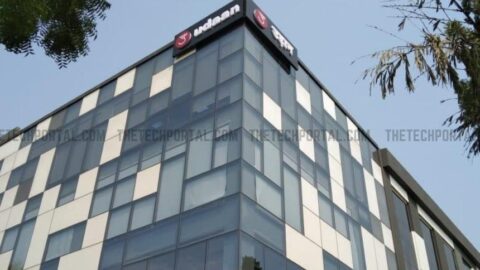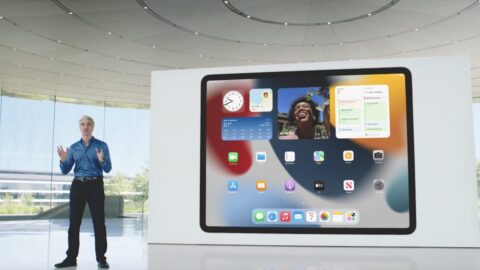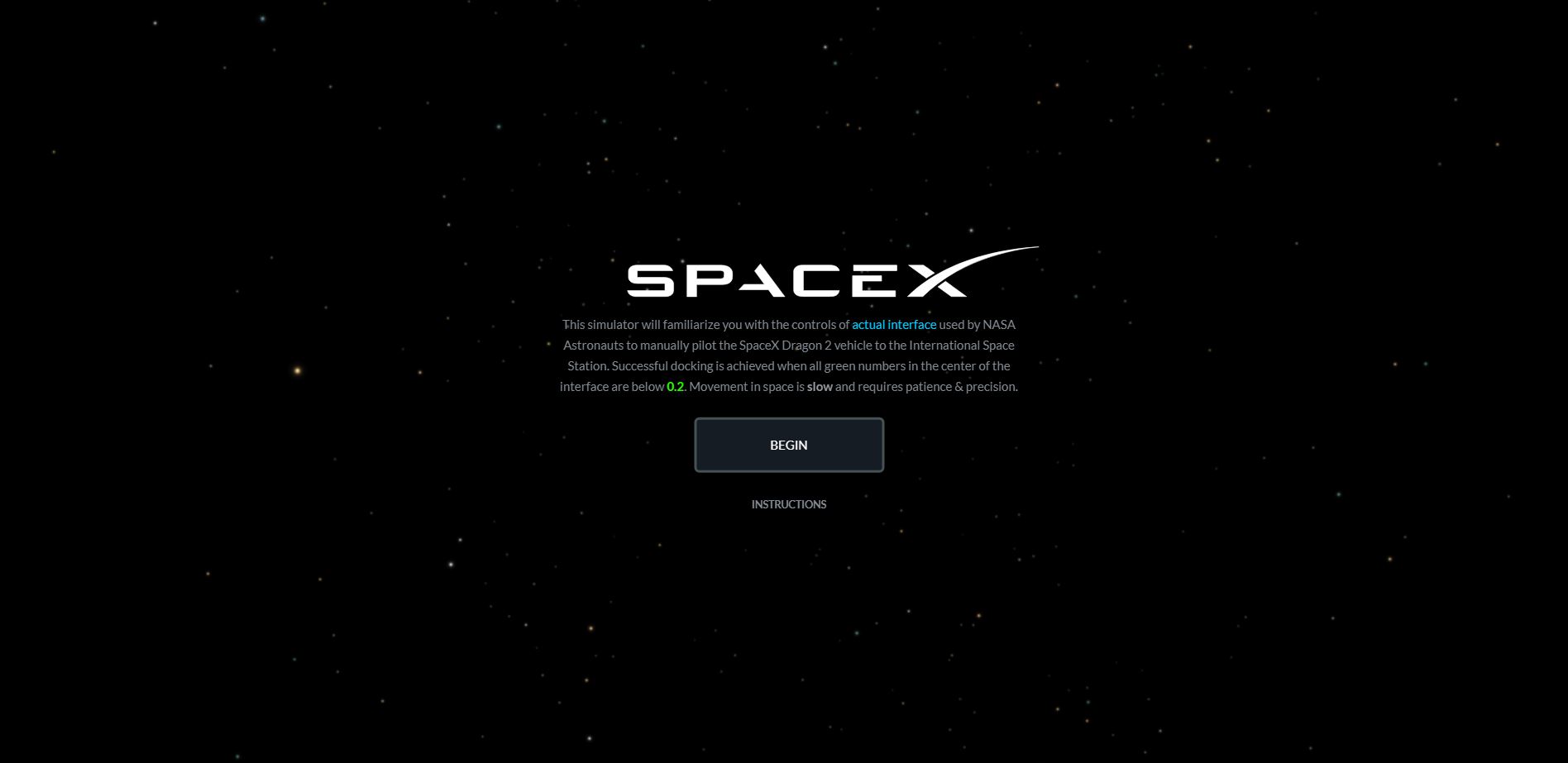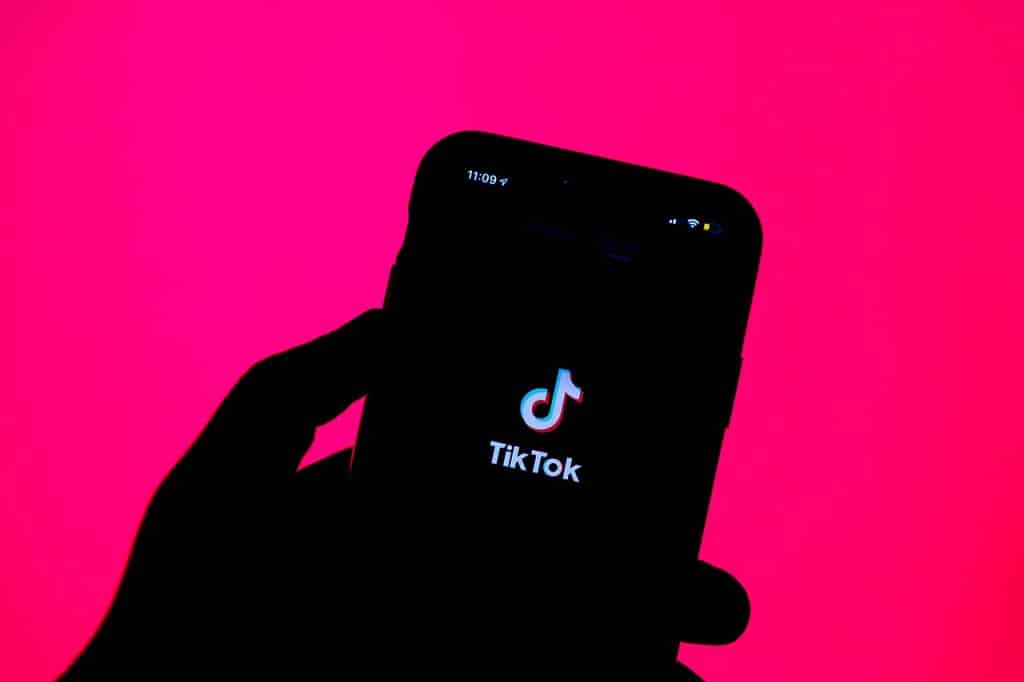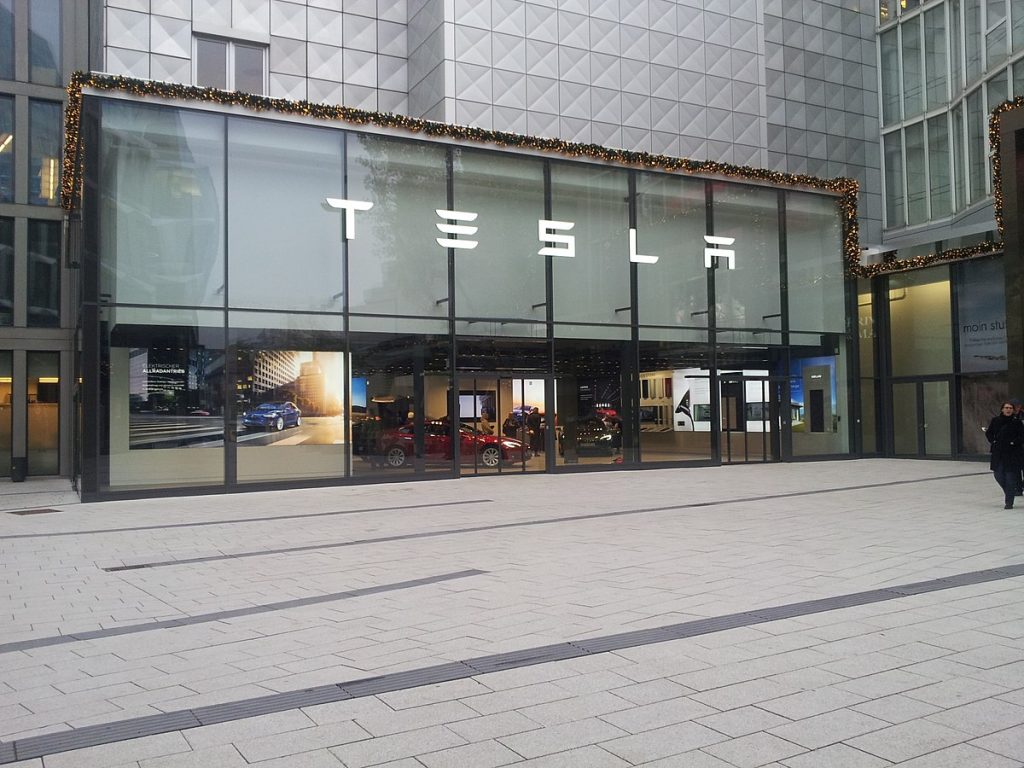 TheTechMedia.com/wp-content/uploads/2021/01/1200px-Tesla_Motors_Showroom_Stuttgart-300×225.jpg 300w, https://TheTechMedia.com/wp-content/uploads/2021/01/1200px-Tesla_Motors_Showroom_Stuttgart-768×576.jpg 768w, https://TheTechMedia.com/wp-content/uploads/2021/01/1200px-Tesla_Motors_Showroom_Stuttgart-800×600.jpg 800w, https://TheTechMedia.com/wp-content/uploads/2021/01/1200px-Tesla_Motors_Showroom_Stuttgart-1160×870.jpg 1160w, https://TheTechMedia.com/wp-content/uploads/2021/01/1200px-Tesla_Motors_Showroom_Stuttgart.jpg 1200w” sizes=”(max-width: 1024px) 100vw, 1024px”>
TheTechMedia.com/wp-content/uploads/2021/01/1200px-Tesla_Motors_Showroom_Stuttgart-300×225.jpg 300w, https://TheTechMedia.com/wp-content/uploads/2021/01/1200px-Tesla_Motors_Showroom_Stuttgart-768×576.jpg 768w, https://TheTechMedia.com/wp-content/uploads/2021/01/1200px-Tesla_Motors_Showroom_Stuttgart-800×600.jpg 800w, https://TheTechMedia.com/wp-content/uploads/2021/01/1200px-Tesla_Motors_Showroom_Stuttgart-1160×870.jpg 1160w, https://TheTechMedia.com/wp-content/uploads/2021/01/1200px-Tesla_Motors_Showroom_Stuttgart.jpg 1200w” sizes=”(max-width: 1024px) 100vw, 1024px”>The National Highway Traffic Safety Administration (NHTSA) is asking Tesla Inc. to recall about 158,000 vehicles over safety concerns in what would amount to one of the biggest safety actions against the electric-vehicle maker. The auto safety agency made the unusual request in a formal letter to Tesla on Wednesday, after upgrading a safety probe in November.
NHTSA has reported that certain Model S and X vehicles equipped with an NVIDIA Tegra 3 processor and integrated 8GB eMMC NAND flash memory device have their media control unit (MCU) failing for years. This is a safety concern since the MCU takes care of functions like the backup camera, defogging, defrosting setting and audible chimes, which are used when the turn signal indicator is activated and to alert drivers while the vehicle’s Autopilot advanced driver assistance system is engaged.
The Office of Defects Investigation (ODI) of the NHTSA has tentatively concluded that the failure of the media control unit (MCU) constitutes a defect related to motor vehicle safety. The ODI also expects Tesla to initiate a recall to notify all owners, purchasers, and dealers of the subject vehicles of this safety defect and provide a remedy.
According to the ODI, the root of the problem is the limit of Program-Erase cycles (P/E) of the NAND flash memory, as when it ends, the flash memory device would become fully consumed and no longer be operational, leading to a failure of the MCU. The NAND flash memory is expected to last an accumulation of 3,000 P/E cycles, which would mean 5-6 years of service. The rate of MCU failures is expected to peak in early 2022.
Sam Abuelsamid, an analyst at Guidehouse Insights, said that the recall request was significant and could cost $300 million to $500 million to address.
NHTSA has also said in its letter that Tesla has implemented several over-the-air updates to mitigate some of the issues described in this letter. However, it believes that these updates are procedurally and substantively insufficient.
Tesla can choose to not recall the vehicles. However, NHTSA said that if the company decides to not take any action, it has to provide an explanation for its decision. The agency can then escalate the matter to a public hearing and eventually seek to force a recall through the courts.
The letter seeks a request from Tesla by January 27th. Earlier today, Tesla openly promoted NHTSA’s five-star safety rating for the Model Y but has not publicly commented on the recall request.

